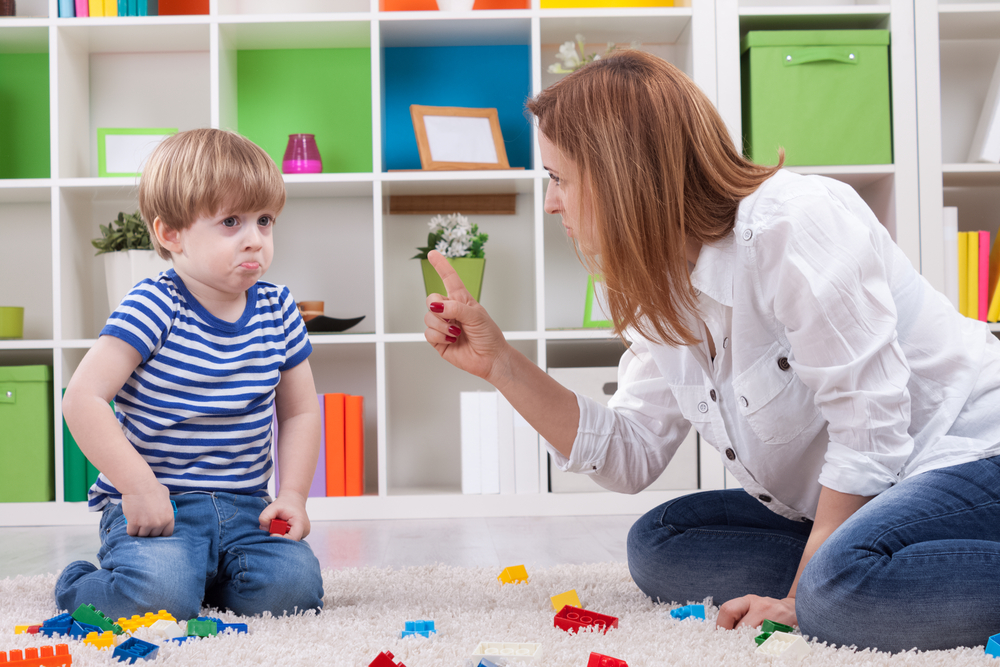“Мy daughter is being bullied and the parents of the offender are not reacting! What should I do?”
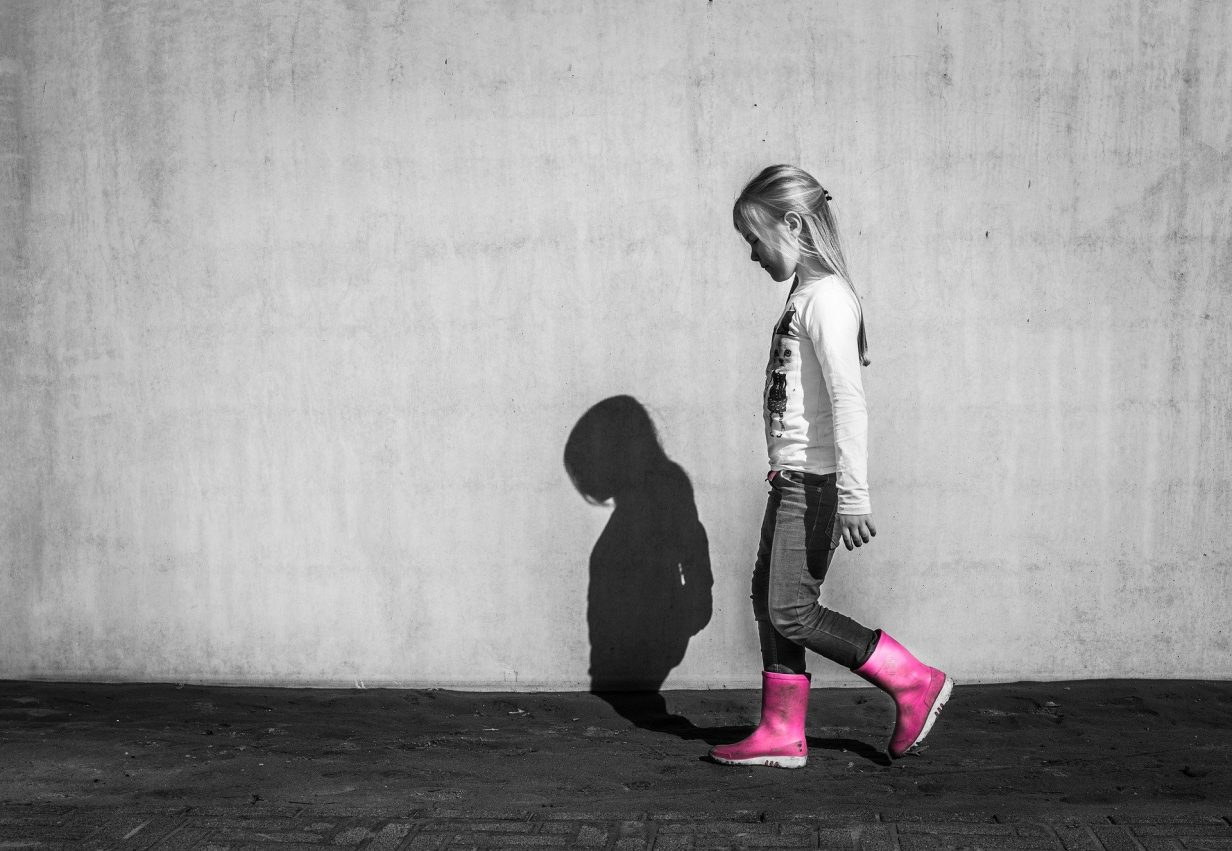
One of our readers had shared their story:
“My daughter is being attacked by a “difficult child” (the bully). How can I help them to change their relationship? If the school is working on this, but the parents of that child are not getting involved, mentioning being busy as their excuse. With the situation getting worse … physical bullying is to start.
What to do?”
Response from the child behavioral expert Jemma Miles:
“The issue of bullying (manifested, for example, in the aggressive behavior of one of the members of a group of children) in schools, is becoming more and more widespread. A lot of parents are often faced with this problem.
Everyone has already heard that there has recently been a bill of law that was submitted to the Parliament for consideration, providing for tougher punishments for parents in situations when children bully their teachers. But what to do if children display aggression towards their peers? In this case, parents and teachers already need to get involved to resolve this issue.
1. Find out the reason
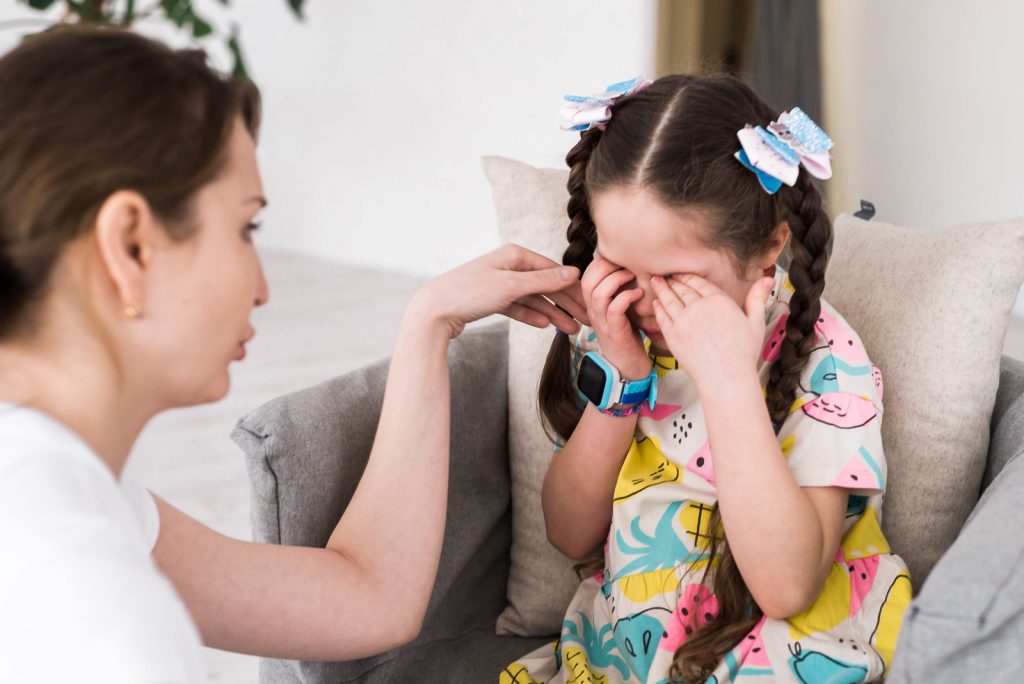
Prostock-studio/Shutterstock.com
The first thing to understand is the reason for the other girl’s aggression. It often occurs that due to her parents being busy all the time, she feels lonely and abandoned, and aggression is a form of response to this deficiency. Physical manifestations are the extreme stage of it, they usually come in when all other methods have been exhausted, and the child no longer knows how to make themselves heard.
Are you worried that your child is being bullied at school and they are not telling you about it? You cannot get the truth out of them or you are unable to prove the bullying incident? Make use of the LIVE- listening function in the “Findmykids” app that can be downloaded from AppStore and GooglePlay. This is fully legal.
2. Talk to the teachers
The second thing to do is talk to the teachers. Below are a couple of guidelines for building relationships in the classroom between students:
- Do not compare children with each other, because comparisons create even more distance between them and serve as a ground for conflict. It is very hard not to do this when measuring academic success as grades and rating systems are omnipresent in the schooling system. Here we are talking about a psychological and personal comparison – “You are bad, and she is good,” “He is smarter than you,” and so on. It is particularly important not to compare families and parents of children between each other.
- Appreciate good deeds no less than academic results (pay attention to the actions of children no less than grades in a diary). For example, when a student cleans the board or waters a plant in the classroom through their own initiative, such little things help to establish contact and a friendly atmosphere between the whole class.
- Create opportunities for working together and not competing against each other through teamwork, games, and school team building activities.
- Teach children to solve problems (explain what you are doing and why you are giving such advice).
- Make kindness and respect the most important values in the class and constantly remind children of this. You can even create special positive “rules” of behavior in the classroom.
Read more about Bullying at schools: prevention and methods of combating.
At this point, teachers may be faced with a dilemma of what to do in this situation. Within the framework of the school curriculum, assembly times are also provided, during which the teacher can get together with their students and talk to them not only about their school issues but also more generally, about life.
3. Talk to your child
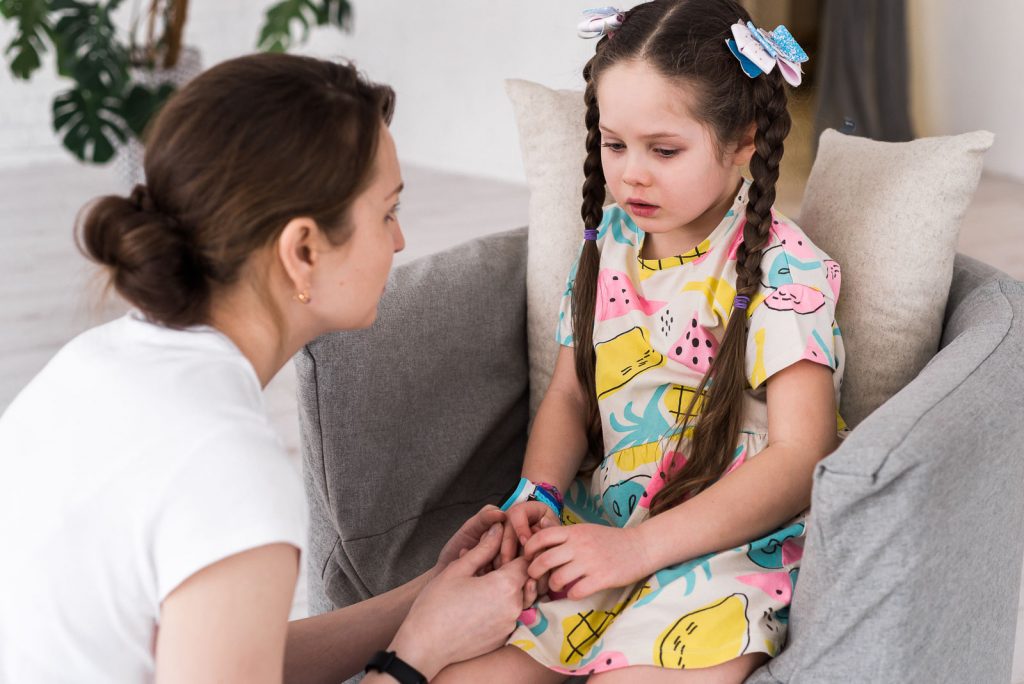
Prostock-studio/Shutterstock.com
Thirdly, what needs to be done is to talk to YOUR child. Why? In this situation, it is very important to tell your child that aggression appears out of nowhere, and that it is necessary to accept the feelings of this girl and understand her, and not to respond with aggression in order not to aggravate the conflict. You can all talk together over tea with cake after school, without any aggression by calmly saying that you understand the feelings of the girl and that the manifestation of cruelty and violence is not an option, that you are not in the mood to punish or scold her, but rather wish to help and support.
Here are a couple of recommendations:
- form the correct opinion about the situation and understand the intentions of the behavior of an aggressive girl – what exactly does she want to achieve by it? Situations can be different, including the ones when other children or even teachers are causing it;
- tell your child about personal boundaries and explain to them that retaliatory insults are not a solution to the problem;
- listen, support, and do not scold the child;
- be a considerate friend who can help you to get through a crisis.
It is very important to talk to children and to help them to understand themselves and others.
Nevertheless, if you realize that the problem cannot be resolved peacefully through negotiations between the parents, teachers and the child, then there is nothing left but to contact law enforcement agencies and social protection agencies to carry out the appropriate necessary measures. Keep in mind that this option fully pushes it to the extreme”.
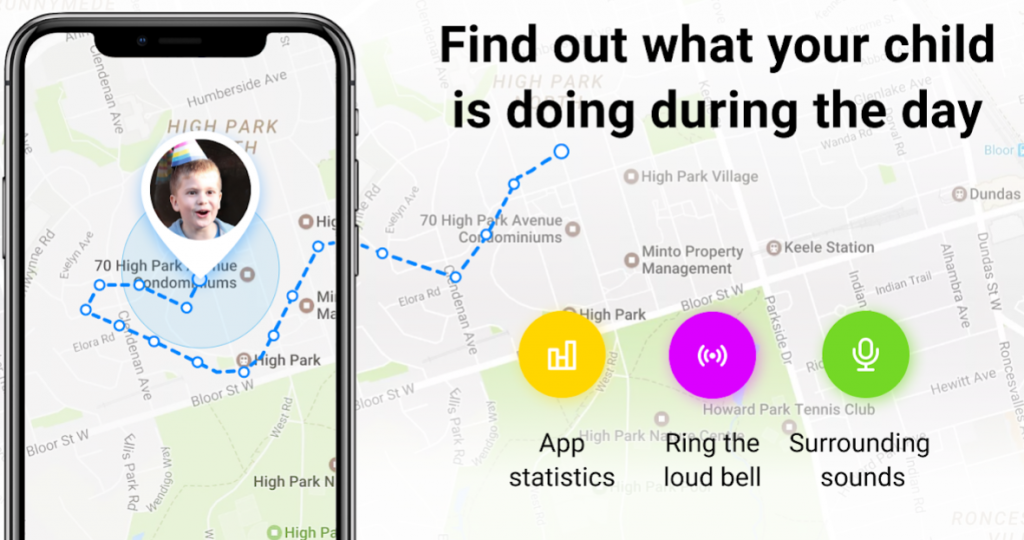
Prostock-studio/Shutterstock.com
Проверьте электронный ящик
















